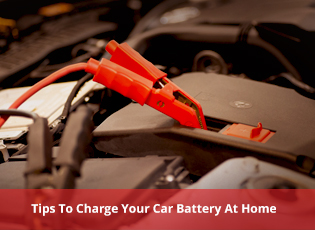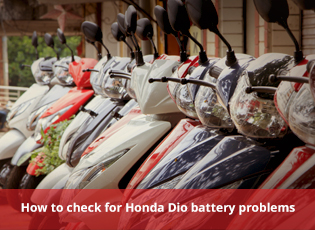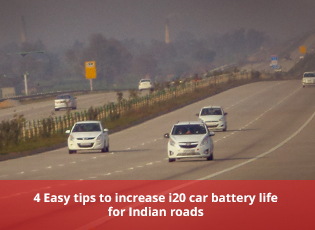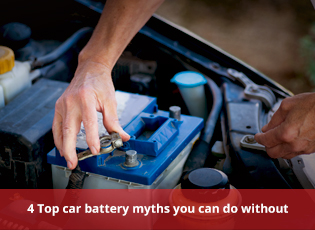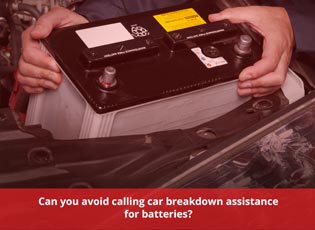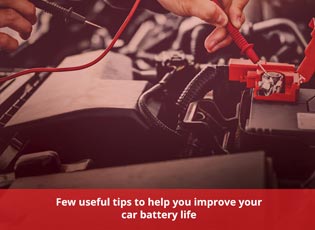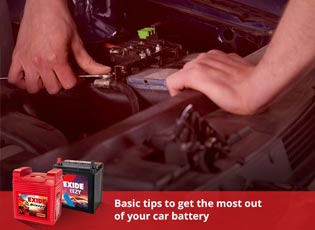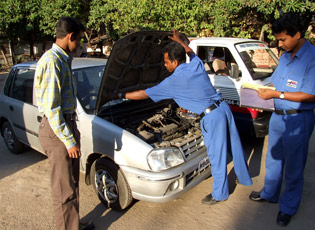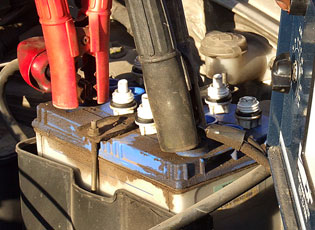Being Environment Responsible
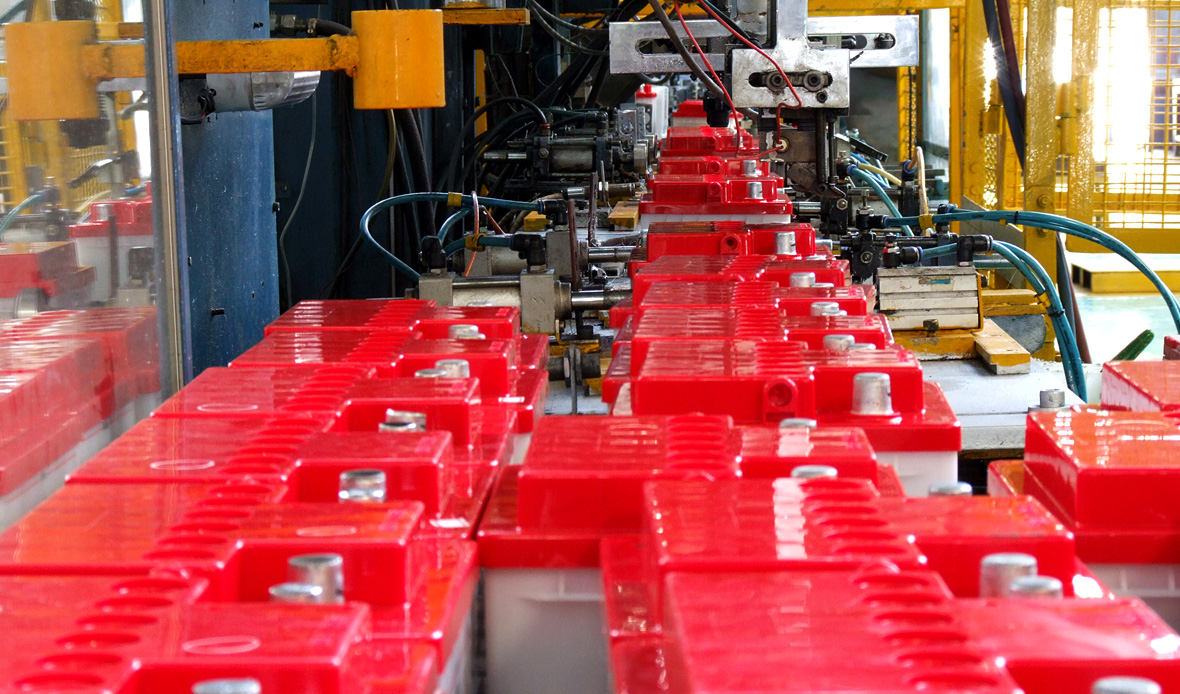
You know that clean environment is essential for healthy living… However, did you know that certain human acts can result in creating a negative impact on the environment? One such example is recycling used batteries incorrectly without being aware of the potential damages it can cause to the environment and life. Let us explore how...
Though batteries are safe, Lead, a major component in all batteries, if not handled with care after use, can become hazardous and cause serious harm to the environment and the people around.
Lead, the most critical raw material, in a lead acid storage battery is recyclable. Recycling an old battery to reclaim its lead content is not only socially and environmentally desirable but also makes a perfect economic sense for everyone involved in the value chain.
Lead poisoning may occur when used batteries are smelted in open furnaces, by unauthorised smelters or battery recycling services. These lead to scrap lead particles escaping into the air. These infect workers, permeate the soil and contaminate groundwater, pollute all organic life: vegetation, fish, meat, poultry, livestock and human beings in the process.
Some of the key facts about Lead Poisoning as listed by WHO are:
-
Lead is a cumulative toxicant that affects multiple body systems and is particularly harmful to young children.
-
Lead exposure is estimated to account for 674 000 deaths per year with the highest burden in low- and middle-income countries.
-
Lead exposure is estimated to account for 9.8% of the global burden of idiopathic intellectual disability, 4% of the global burden of ischaemic heart disease, and 5% of the global burden of stroke.
-
Lead in the body is distributed to the brain, liver, kidney and bones. It is stored in the teeth and bones, where it accumulates over time. Human exposure is usually assessed through the measurement of lead in blood.
-
There is no known level of lead exposure that is considered safe.
-
Lead poisoning is entirely preventable.
Even a slight exposure to lead can cause severe kidney damage, cerebro-muscular failure, a slowing down of the nervous system, abdominal discomfort, anaemia, hypertension and other major diseases. In areas exposed to open lead furnaces, there have even been cases of spontaneous abortion.
How lead pollution takes place through unauthorised smelting.
-
Lead particles settling on the floor stick to clothes or are swept into dust.
-
Lead is released in workplace atmosphere as dust or fumes.
-
Minute lead particles are ingested with food and drink.
-
Air borne particles settle on workmen's skin / clothing.
-
Lead particles being heavier enter soil and sub-soil.
-
Lead, inhaled by workmen, settles in the lungs.
Exide cares for its customers and the environment and has come up with the best Environment Friendly way to battery recycling services:
Used batteries should be returned to any authorized Exide Dealer for smelting.
Exide collects used batteries at regular intervals from its dealers in closed trucks and recycles them in state-of-art smelting units, authorised by the Ministry of Environment.
Exide also buys back old batteries to help protect the environment and reduce the share of the unorganized market.
So if you care for the environment, all you need to do is give away your used batteries to Exide.
Do your bit to keep life on earth clean, beautiful and sustainable!
Related Post
Follow the Exide Care Blog

